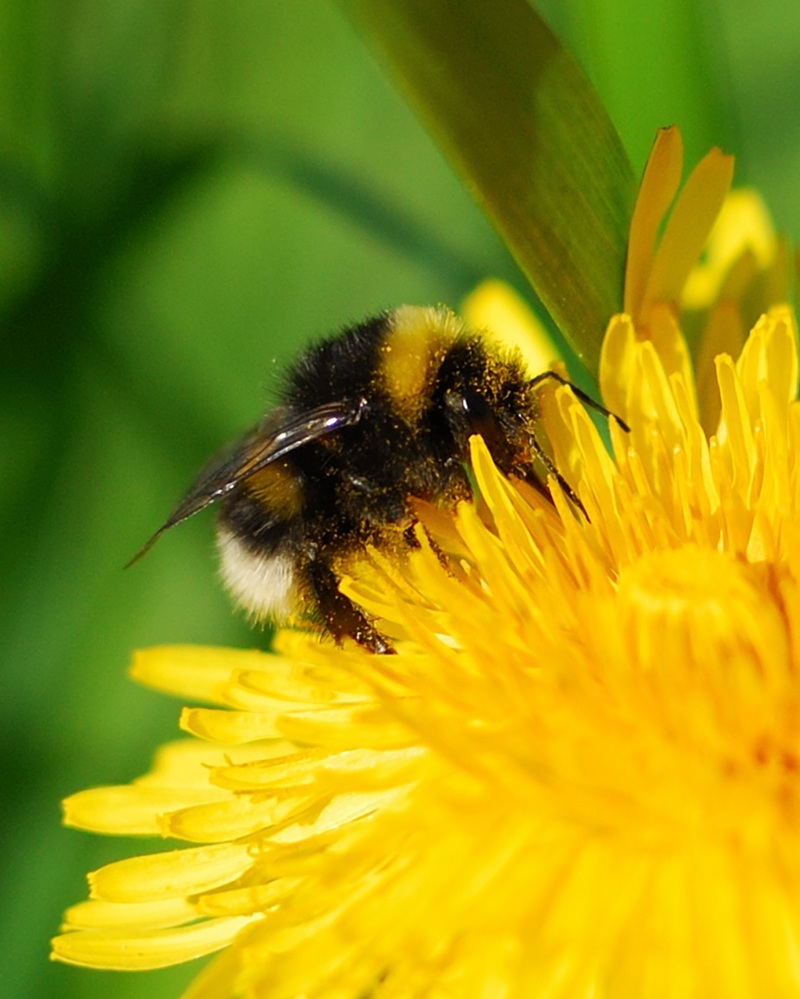A disease that can devastate honey bee colonies has been discovered in an apiary in Perthshire.
The outbreak of American foulbrood (AFB) was confirmed near Ballinluig after diagnosis by Science and Advice for Scottish Agriculture (SASA).
The hive has been destroyed as there is no permitted treatment for the disease in the UK and the movement of bees and related equipment into or out of the affected apiary is prohibited.
Scottish Government bee inspectors will inspect apiaries in the area in the coming days.
There are no risks to public health from AFB and no implications for the quality and safety of honey.
This outbreak follows incidents in Perthshire in 2009, when beehives at three apiaries were destroyed after being infected with foulbrood.
Perthshire is home to several lucrative honey farms and there has always been concern that the disease could deal a major blow to the economy if it spread.
AFB kills bee larvae, is highly contagious and can prove hugely difficult to eradicate.
Both the American and European strains struck colonies in Tayside, Aberdeenshire and Inverness-shire in late 2009, while there were further outbreaks in West Lothian and Stranraer last year.
Scottish beekeepers face significant problems, with honey bee numbers dwindling due to disease, colony collapse disorder and climate change.
In light of the Perthshire outbreak, beekeepers throughout Tayside and Fife have been urged to check their hives and notify any suspicion of disease to the government by emailing beesmailbox@scotland.gsi.gov.uk.
To assist bee inspectors, beekeepers are also asked to register on BeeBase, a database with information on control of foulbrood and other issues.
